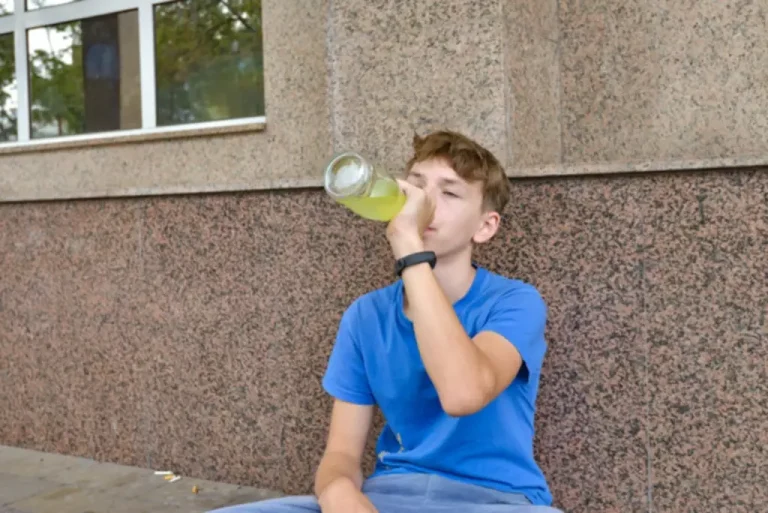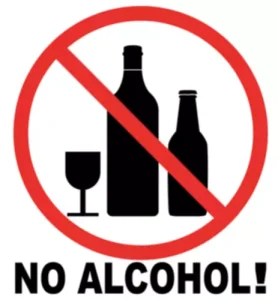Inspiring Addiction Recovery Quotes

Although addiction tends to cut people off from longtime friends, social support is a significant predictor of recovery. They may know something about the person’s deepest aspirations https://ecosoberhouse.com/article/5-great-tips-for-being-sober-around-drinkers/ and voice them as a reminder that can help the person remain on the road to recovery. And they can help plan healthy joint activities to ensure that there are good days.
Bucks County Recovery May Begin in Levittown PA Drug Rehab
Visit our rehab directory today to find addiction treatment near you or call the below number to discuss your options. The final step in 12-step programs like Alcoholics Anonymous (AA) and Narcotics Anonymous (NA) is to spread the message to other people living with addiction. By helping others into recovery, you’re reminded of your own progress, shake off any complacency in your sobriety, stay accountable, and find happiness and fulfillment. A well-known quote in Alcoholics Anonymous is, “To keep it, you must give it away.” Helping others who are struggling can give people hope and strength to continue with their own recovery. It allows people to recognize where they are and how far they have come in their journey. It could be as little as offering a ride to a meeting or setting up chairs and making coffee, or it could be as much as becoming a sponsor or acting as a guest speaker at a local event.
Establish a Strong Support System
Thinking about the long-term health effects of addiction can provide extra motivation to dedicate to recovery. Motivational Enhancement Therapy (MET) is an evidence-based approach used in addiction recovery that focuses on enhancing an individual’s intrinsic motivation to change their addictive behaviors. MET recognizes that ambivalence and lack of motivation are common barriers to seeking.
Maintain Physical Health
Viewing addiction as a motivational behavior also highlights the importance of intrinsic motivation. Intrinsic motivation comes from within oneself and is not driven by external rewards or pressures. By recognizing the motivations behind addiction, individuals can utilize their inner fire to achieve recovery.
- Various other personalized addiction recovery options are available and may suit the needs and preferences of individuals seeking help.
- In addition, immediately attending or resuming group meetings and discussing the relapse can yield much advice on how to continue recovery without succumbing to the counterproductive feeling of shame or self-pity.
- You don’t get magically better one day, never to be tempted by your addictions and vices ever again.
- Staying motivated is a challenging but ultimately rewarding path towards a healthier, happier life.
- A great way to stay motivated is to set both short-term and long-term goals.
To overcome addiction, you need to decide it internally, casting aside your previous denials and excuses and abandoning your old patterns of thinking and ways of life. Beating addiction also requires you to have the strength to ask for help when you can’t do it alone. As always, it is important to be critical when seeking help, since the quality of counselors are not consistent. If you are recovery motivation not feeling supported, it may be helpful to seek out another practitioner. If you are struggling with other mental health issues or are looking for a specialist near you, use the Psychology Today therapist directory here to find a practitioner who specializes in your area of concern. The remainder of this article will delve deeper into specific ways you can develop intrinsic motivation.
Seeking support from loved ones and the recovery community

But a history of addiction can be an impediment to getting a job. A lack of positive references and having a criminal record typically pose challenges. Too, there may be long gaps in a resume that are hard to explain away. Insufficient experience or skill deficits are other common hurdles.

Addiction can be seen as a complex motivational behavior characterized by a strong desire to engage in substance use or addictive behaviors despite negative consequences. The motivation behind addiction is influenced by various factors, including biological, psychological, and social elements. Moreover, understanding that motivation can waver helps us devise strategies to reignite it when it dims. By nurturing our motivation and learning to rekindle it when necessary, we set ourselves up for a more consistent and fulfilling journey towards recovery.
- Support group meetings such as Alcoholics Anonymous connect people who deal with behavioral problems caused by addiction.
- This blog post will discuss the importance of motivation in the recovery journey and suggest ways to maintain it, ensuring progress toward long-term sobriety and personal development.
- Many people believe that they are powerless to change their own addictive behavior, and often it is a belief that keeps people addicted.
- Addiction can feel like a black hole, particularly if you’ve tried to quit before and failed or relapsed.
- Discover how motivation contributes to long-term sobriety, explore personalized resources and treatment options, and find the resolve to keep going, even when the path gets tough.

